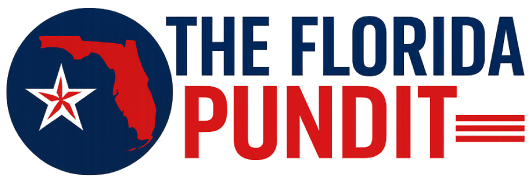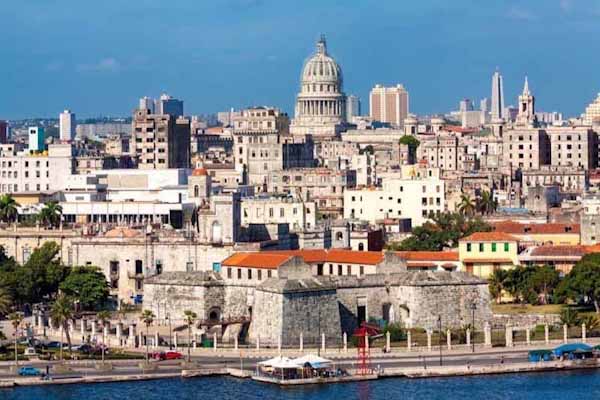The Trump administration will allow Americans to sue in federal courts some 200 Cuban companies that now control the island properties confiscated by the Havana government.
But the government of President Donald Trump failed to authorize them to sue foreign companies for the same reason, demanding that action for at least 30 days, while Washington determines what to do to create international support for a campaign of pressure against Venezuela.
“A country like Spain, for example, obviously has many companies operating in Cuba, but Spain could help a lot in increasing the pressure on the Maduro regime,” said a source family with the discussions.
“I could revoke hundreds of visas to representatives of the Maduro regime, which would be useful.”
The decision will be announced Monday as a partial implementation of Title III of the 1996 Helms-Burton Act, which allows Americans to have companies that have operations in the United States and have also confiscated properties on the Island. The law was passed, Congress has decided not to apply Title III every six months.
The State Department indicated that it was announcing a 30-day extension to Title III with a key exemption. The government would allow Americans to sleep Cuban companies and entities on the CubaRestricted List of the State Department, which includes companies and entities under the control of the Cuban armed forces.
“We will continue to study the consequences of these suspensions on the situation of human rights in Cuba,” the State Department said in a statement. “The CubaRestricted List identifies entities and sub-entities under the control of the military, intelligence and security services of Cuba.” These services are directly responsible for the repression of the Cuban people. they are trafficking in confiscated properties and supporting the Cuban dictatorship. “
The government has been warning that such a decision was to come. National Security Advisor John Bolton told a local newspaper in November that the government was “seriously studying” the proposal not to suspend the clause of the Helms-Burton Act that allows Americans to sue.
Senator Marco Rubio, one of the lawmakers who has pushed to implement Title III, said Trump sends a strong message that the United States “will not stay with its arms crossed” whereas the Cuban regime continues to support the Venezuelan leader Nicolás Maduro.
“At the beginning of the implementation process of Title III and Title IV of the Helms-Burton Act, the United States holds the Cuban regime responsible for its crimes, including its support for the murderous Maduro Mafia family,” said Rubio.
“Justice is coming, this has just begun.”
Opponents in the State Department have raised concerns about the potential burden on US federal courts and an increase in tensions over European allies and others who have criticized the extraterritorial application of the law.
Lawyers representing companies with interests in Cuba have expressed surprise and concern about the long-term consequences in the courts.
Robert Muse, a Washington lawyer specializing in bilateral issues between the United States and Cuba, said that the Cuban government is unlikely to challenge cases in the courts and that this could create challenges in the future, when business relations become normal.
“It is too broad and will inevitably generate litigation,” said Muse. “The voice will soon be heard that Cuba is not defending itself against these demands and people are going to file lawsuits for millions of dollars It’s like a lottery One takes a number and sits down The time will come And then they will tell the federal government that they have an obligation to extract money from the government of Cuba as to payment for what the federal courts decided. “
The Cuban government has warned about the implementation of Title III, claiming that it would “dangerously strengthen the blockade against Cuba, would flagrantly violate international laws and would be a direct attack on the sovereignty” of other nations.

